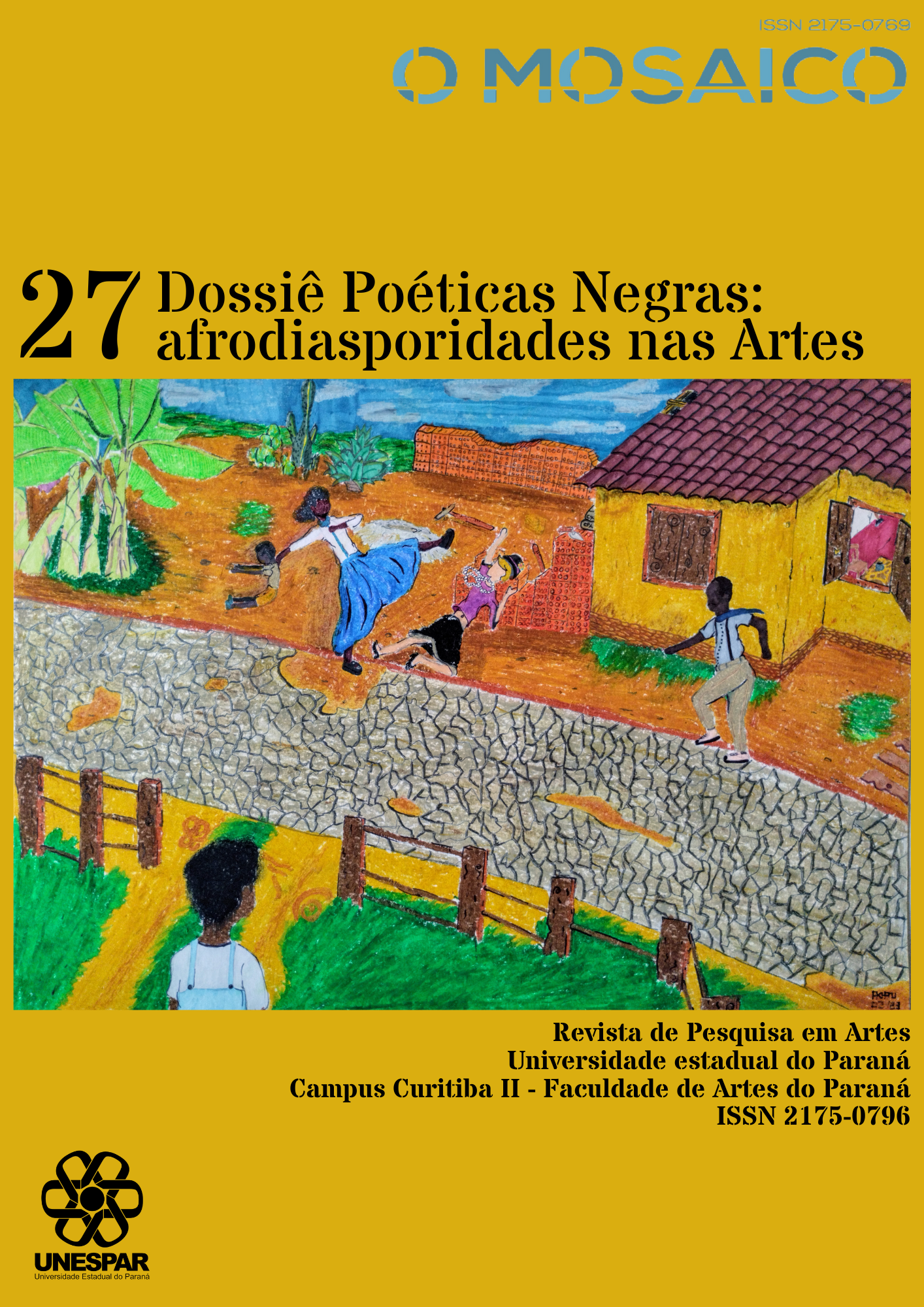WHAT DO WE HAVE TO SAY? THE ROUTE, BETWEEN BRECHT AND BOAL, TO THE CONSTRUCTION OF A LEARNING-FORUM PLAY
DOI:
https://doi.org/10.33871/21750769.2024.19.2.8026Keywords:
Pedagogia das Artes Cênicas, Peças Didáticas, Teatro do Oprimido, Pós-democraciaAbstract
The article presents a brief analysis of the current democratic crisis, a moment called by some as post-democracy. The current political system prioritizes privileged voices, such as the big names in the market and their politicians. The distortion is absurd, to the point where democracies elect declared anti-democratic politicians. Therefore, the authors carried out a bibliographical examination and organized theatrical practices to verify the hypothetical seam between the Learning Play The One Who Says Yes, The One Who Says No, by Bertolt Brecht, and Forum Theater (TF), a branch of the Theater of the Oppressed (TO), organized by Augusto Boal, as a scenic alternative to create an environment of effective democratic living. After all, Didactic Pieces are valuable democratic learning materials for the transformation of society. And, in turn, the TO appropriates principles and rites of modern democracies, in the rehearsal for the social revolution. Brecht and Boal believed in drama as an art that must address political struggles. It is hoped that the combination of these two artistic languages, in what the authors called Learning-Forum Play, will contribute to practices in the area of theatrical pedagogy in community and school contexts. In addition, it is intended to present a proposal of support and dialogue to the studies of those who think of art and culture as mechanisms capable of instigating reflection, questioning and the transformation of society, through the effectiveness of theater as a space of real democracy.
Downloads
Downloads
Published
How to Cite
Issue
Section
License
Copyright (c) 2024 O Mosaico

This work is licensed under a Creative Commons Attribution-NonCommercial-ShareAlike 4.0 International License.
The authors retain the copyright, when licensing their production in the journal O Mosaico, which is licensed under a Creative Commons license. When submitting the work, and upon acceptance, the author assigns his/her copyright for publication in the journal. Readers can download, print and use the articles published in the journal, as long as there is always an explicit mention to the author (s) and to the O Mosaico, and no changes to the original work are allowed. When submitting an article to the journal O Mosaico and after accepting it for publication, the authors allow, without remuneration, to pass the following rights to the journal: the first edition rights and the authorization for the editorial team to transfer, according to their judgment, this article and its meta data to indexing and reference services.

